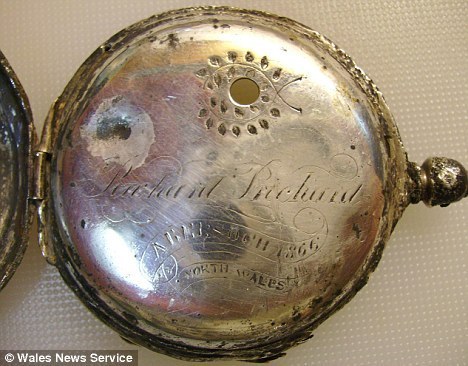Michelle Moran's Blog, page 131
August 21, 2009
Face to face with the 5,000-year-old 'first Scot'
 Archaeologist Jakob Kainz shows off the remarkable figure unearthed on the island of Westray. Picture: Historic Scotland
Archaeologist Jakob Kainz shows off the remarkable figure unearthed on the island of Westray. Picture: Historic ScotlandBy FRANK URQUHART
<!-- google_ad_section_start --> <!-- Article Start --> AT FIRST glance, it appears little more than a tiny fragment of sandstone with a few crude scratches on the surface.
Read the rest here.
Stanford scientists scan 2,500-year-old mummy
<!-- Article's First Paragraph --> <!-- BlogBurst ContentStart --> PALO ALTO, Calif.---- Scientists trying to unwrap the mysteries of a more than 2,500-year-old mummy believed to be an ancient Egyptian priest conducted computer scans Thursday to help determine how the man died, what was buried with him and what he looked like.
Read the rest here.
August 20, 2009
Caves tell a tale of an ancient trade route
Mumbai: Few would know that the Elephanta, Kanheri, Mahakali, Jogeshwari and Mandapeshwar caves are all connected by a trade route that existed in and around Mumbai nearly 2,000 years ago. Read the rest here.
Was ancient Cypriot cave a prehistoric diner?
Excavations reveal Roman history
Archaeological excavations at the site of a former plant nursery, set to be developed for housing, have found evidence of Iron Age and Roman use.
Read the rest on the BBC.3,000-year-old butter found in Kildare bog
AN OAK barrel, full of butter, estimated to be roughly 3,000 years old has been found in Gilltown bog, between Timahoe and Staplestown.
Read the rest here.
August 18, 2009
Sea captain's pocket watch lost in a shipwreck 130 years ago finally returned to his family

The silver watch belonging to Captain Richard Prichard sank with the Barbara off the coast of Wales in 1881, but was recovered and returned to his family
A silver pocket watch discovered near the site of a shipwreck has been returned to the family of its original owner 130 years after it was lost.
Read the rest on the DailyMail.New Egyptian Bust Looks Like Michael Jackson?
August 17, 2009
Mozart may have died of strep throat complications
by Shahreen Abedin
So ill he could not move, Wolfgang Amadeus Mozart supposedly sang parts of his final masterpiece, "Requiem," from his deathbed. Two centuries later, the exact cause of the Austrian composer's premature death, in December 1791 at age 35, is still a mystery.
Read the rest on CNN.Seafood gave us the edge on the Neanderthals
by Ewen Callaway
If Neanderthals ever shared a Thanksgiving feast with Homo sapiens, the two species may have had trouble settling on a menu.



